Oncosurgery
The oncologist is engaged in the diagnosis and removal of neoplasms. Surgical treatment can be both the only type of therapy and part of a complex effect on the tumor.

specialists

equipment

treatment
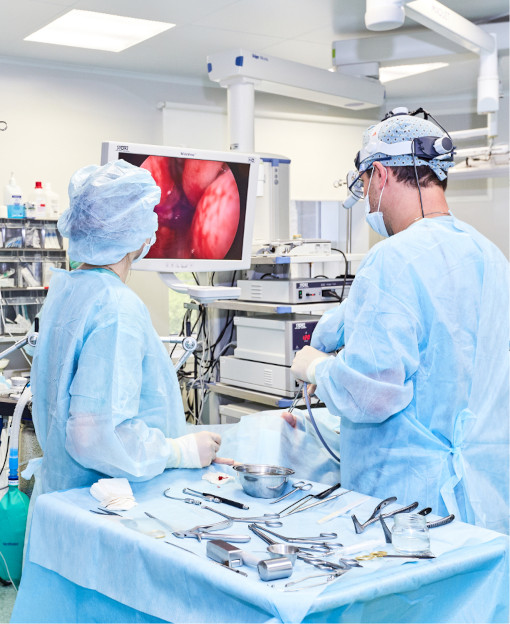
Our doctors know different ways of surgical treatment of oncological diseases. After examination and examinations, the specialist chooses the optimal method for removing the tumor, taking into account all the risks and contraindications.
Neoplasms can be removed in different ways - this is determined by the type of cancer, the degree of malignancy, localization, size, the presence of metastases, and the general condition of the patient. Currently, minimally invasive surgery is preferred in oncosurgery.
The advantage of these operations is to reduce the traumatic impact on the body, reduce the risk of negative consequences, and reduce the recovery period. With minimally invasive operations, the duration of bed rest is reduced, the pain syndrome after the intervention is less pronounced.
Indications for surgical treatment

Surgical intervention in the treatment of malignant neoplasms is usually a radical, but effective way. The decision to operate is made collectively by surgeons, oncologists, chemotherapists and radiologists during an oncological consultation.
Cancer surgery is most effective when treatment is started at an early stage. In advanced cases, the work of the surgical oncologist is supplemented with radiation or chemotherapy to achieve remission and prevent further growth of the tumor with metastases.
Price

This award is given to clinics with the highest ratings according to user ratings, a large number of requests from this site, and in the absence of critical violations.

This award is given to clinics with the highest ratings according to user ratings. It means that the place is known, loved, and definitely worth visiting.

The ProDoctors portal collected 500 thousand reviews, compiled a rating of doctors based on them and awarded the best. We are proud that our doctors are among those awarded.
Make an appointment at a convenient time on the nearest date
Reviews
Laparoscopic surgery — Manipulations are performed under the control of video equipment, which is introduced using an endoscope through an incision or puncture not exceeding 5 mm in diameter. The other 1-2 instruments are also inserted through the incisions. With the help of a laparoscope, you can remove a tumor in the abdominal, thoracic cavity, small pelvis, retroperitoneal space.
Endoscopic surgery — Devices are inserted into natural openings, avoiding punctures and cuts. Thus, operations are performed on the esophagus, stomach, intestines, uterus, bladder, prostate.
Bariatric surgery — Allows you to reduce body weight due to the effect on the stomach. According to studies, this manipulation reduces the likelihood of cancer, especially of the rectum. The operation is performed with a body mass index of 40 or higher.
Robot-assisted operations — Modern technologies make it possible to combine human skills and the accuracy of technology. The doctor is in the operating room at the control panel, in front of him is a monitor with a bright and clear image of the surgical field. Using the control panel, the oncosurgeon can perform various operations using up to 40 types of instruments. Artificial arms are much more mobile than human ones - they are able to rotate in different directions, bend at an angle of 90 degrees. The device allows you to quickly and accurately remove tumors of the reproductive, digestive, urinary systems. "Da Vinci" does not perceive small fluctuations and trembling of the human hand, which excludes accidental trauma, excessive blood loss, which is especially important in cancer patients - the length of the incision does not exceed 1.5 cm.
X-ray-assisted or X-ray endovascular surgery — A minimally invasive intervention based on the introduction of small emboli (artificial blood clots) into the vessels that feed the cancer under X-ray control. Such manipulation leads to malnutrition of the cancer, as a result of which its cells die. Shown in the initial stages of the process.
Open operations, in modern conditions are performed much less frequently. Such interventions, as a rule, surgeons carry out with large tumors, the need to remove metastases, lymph nodes. These operations are more traumatic for the body, more difficult to tolerate.
The k+31 clinic has 9 fully equipped operating rooms, a resuscitation and intensive care unit provided with everything necessary. Doctors have all the basic equipment for endoscopic and laparoscopic operations at their disposal. Our specialists also perform robot-assisted surgeries.
How to prepare for surgery
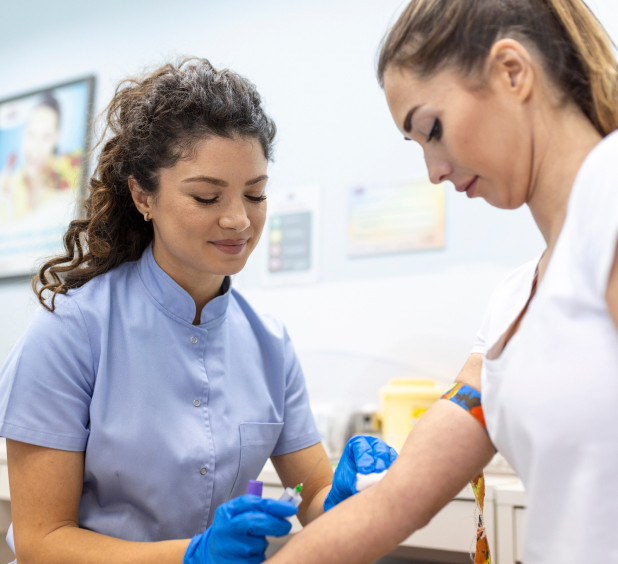
An important step in preparing for the surgical treatment of oncology is the preoperative examination. It includes:
- General, biochemical blood test.
- Blood typing.
- Clot analysis.
- Repeat histological examination.
- Testing for AIDS, hepatitis and other blood-borne infections.
- General and, if necessary, detailed urinalysis.
- ECG
- Fluorography.
The exact list of types of examination is determined for the patient individually, depending on the characteristics of the course of the disease. The patient may be referred to a general practitioner, cardiologist, endocrinologist or other narrow specialists for a comprehensive diagnosis and determination of the state of health. The presence of concomitant diseases (hypertension, diabetes mellitus, COPD, anemia, etc.) affect the course of the operation and preparation for it.
For example, people suffering from cardiovascular pathologies are advised to limit or suspend the use of drugs that can change blood clotting. This is to reduce the risk of bleeding during surgery. The decision should be made by a cardiologist or internist.

During surgery to remove breast or ovarian cancer, patients need a specialist from gynecology (gynecologist, mammologist). If the tumor is localized in the spinal cord or brain, as well as when removing the intervertebral hernia, the oncologist works in contact with a neurosurgeon, etc.
Among other stages of preparation for surgical treatment of a malignant tumor, there are:
- Preoperative assessment of nutritional status. Cancer patients often experience weight loss, which increases the risk of complications after surgery. They are shown a diet correction with the inclusion of food rich in protein and the addition of medical nutrition in the period from 7 to 10 days before surgery.
- Performing aerobic exercise. They help to increase the effectiveness of treatment by eliminating complications from the respiratory system.
- Rejection of bad habits.
- Abdominal surgeries include bowel preparation and severe fasting.
The full range of preparatory measures is determined by the doctor. This allows you to achieve a good effect of treatment and minimize the risk of possible complications.

Registration for a consultation
Recovery after surgery

After surgical removal of a malignant tumor, patients are placed in intensive care until their condition stabilizes. For small and simple operations, it is 30 minutes - several hours. With extensive intervention, complex surgery and aggravation in the form of concomitant non-oncological diseases, it is possible to stay in intensive care for 24 hours or more. The patient is observed by an oncologist, an anesthesiologist-resuscitator and other specialists of the center, for example, a cardiologist, a pulmonologist.
After removal of a malignant neoplasm, the following parameters are under control:
- Blood pressure, saturation, pulse rate.
- The work of the cardiovascular, respiratory system, genitourinary system, etc.
These and other activities are an important part of rehabilitation. They help reduce the risk of complications such as pneumonia, sepsis, thromboembolism, etc.
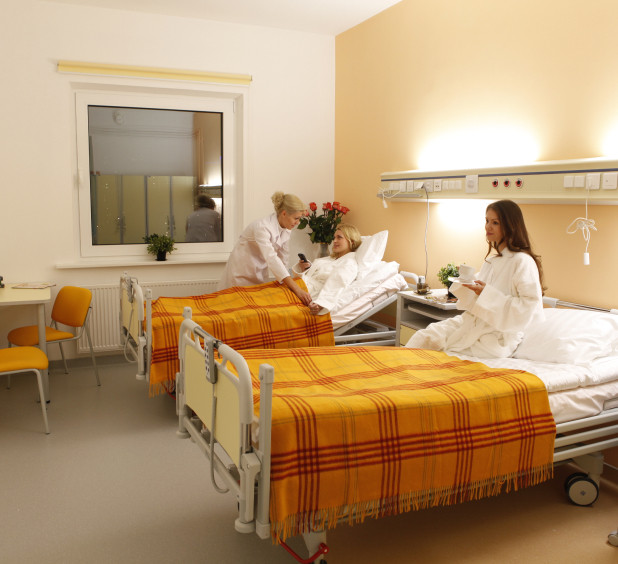
General recommendations in the postoperative period are similar to those given after chemotherapy. Oncologists identify several ways to speed up the recovery process of the body:
- Early start of moderate and light physical activity. Depending on the patient's condition, walks around the ward, department, etc. are recommended.
- Performing breathing exercises and simple physical exercises.
- Sparing nutrition. Gradual refusal of hunger with the transition to liquid food, then to solid food.
The list of rehabilitation measures is adjusted by the doctor individually, taking into account the degree of complexity of the operation. For example, after the removal of breast cancer, walking and other activities are shown within a couple of hours after the end of the operation. When recovering from surgical treatment of bowel cancer, the emphasis is on restoring contractile function (for defecation), release from the accumulation of gases.
For a quick and successful recovery after surgical treatment, patients are advised to strictly follow the plan. This helps speed up the healing process of wounds, promotes the formation of neat scars.
An important stage of rehabilitation is maintaining a healthy psycho-emotional state. Cancer patients may become depressed, for example, when prescribing a lifelong diet, reducing their physical capabilities, etc. Therefore, they need professional help to accept their condition. Psychologists and psychotherapists help you learn to live a full life, regardless of the limitations that have appeared.
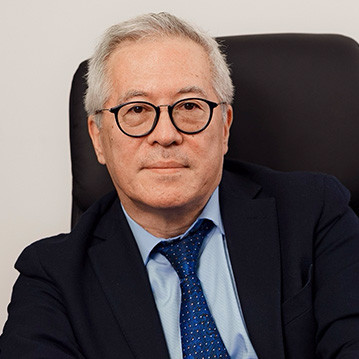
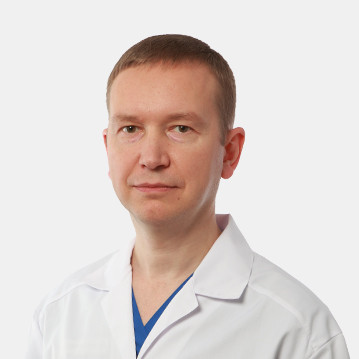
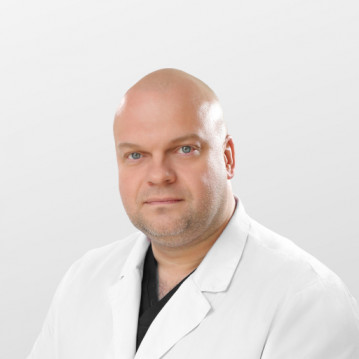
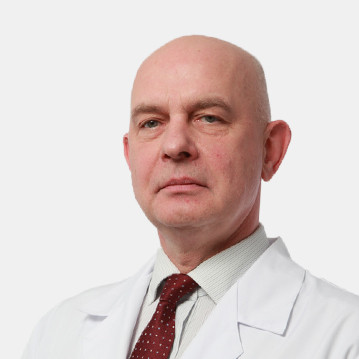
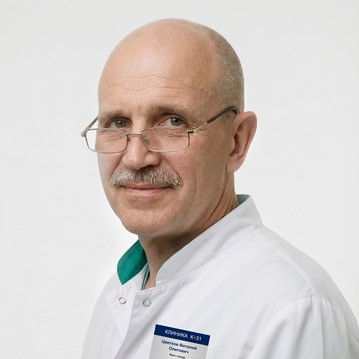
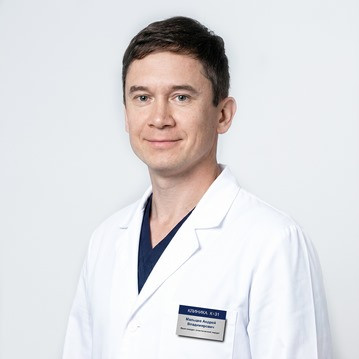
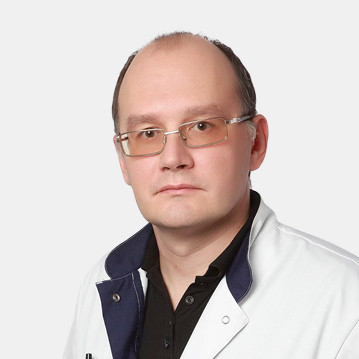
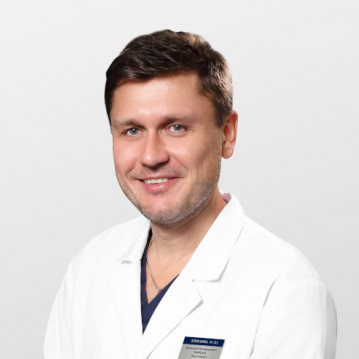
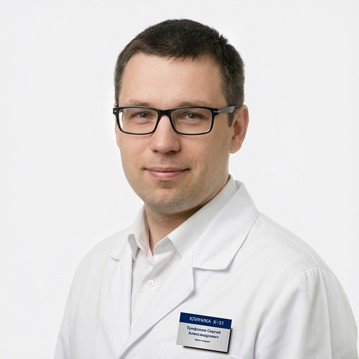
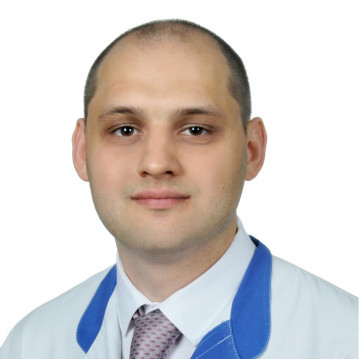
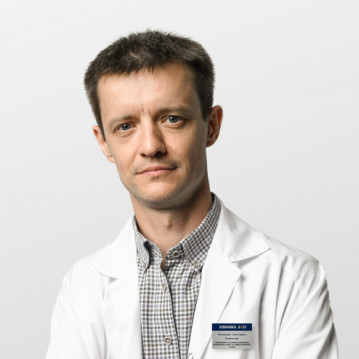
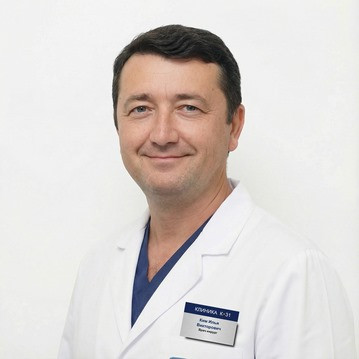
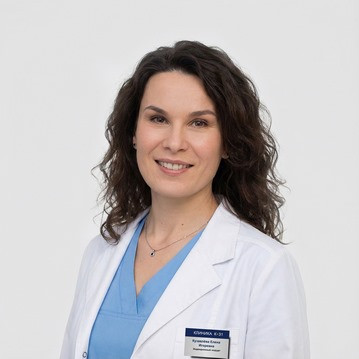
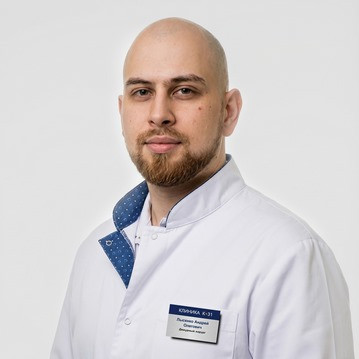
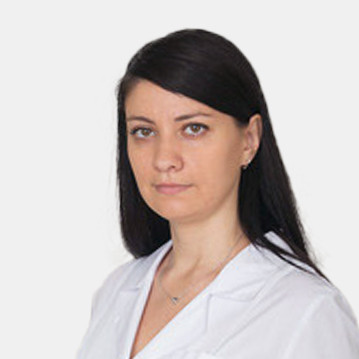
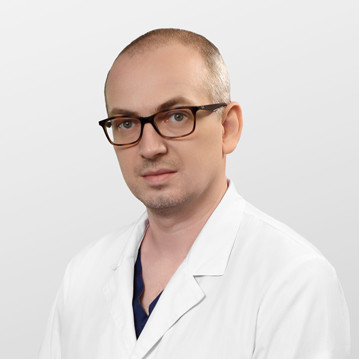
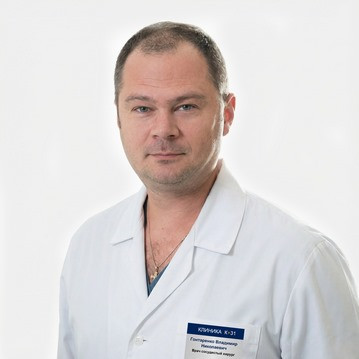
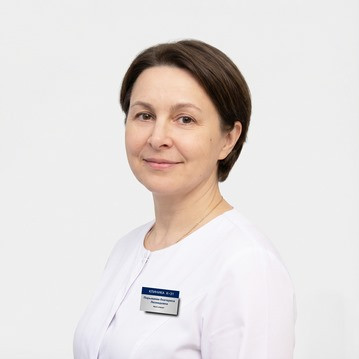
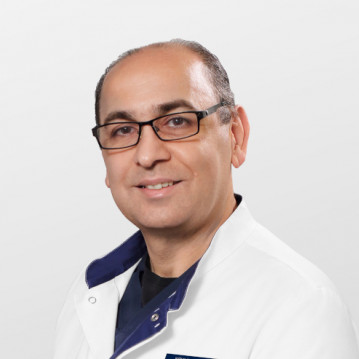
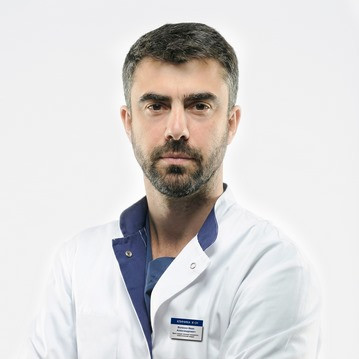
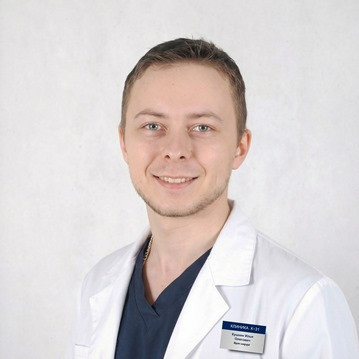
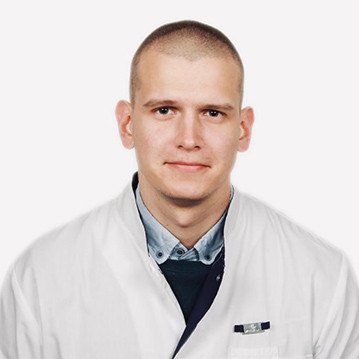
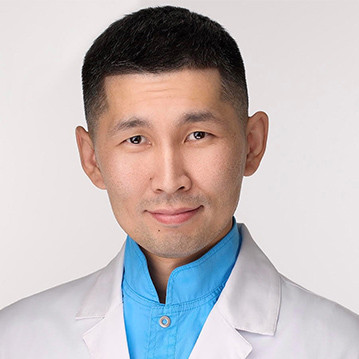

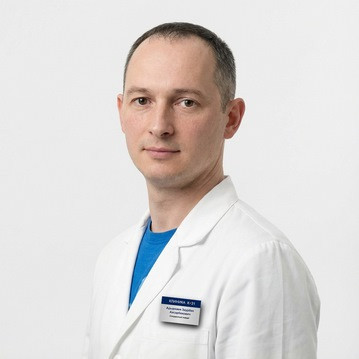
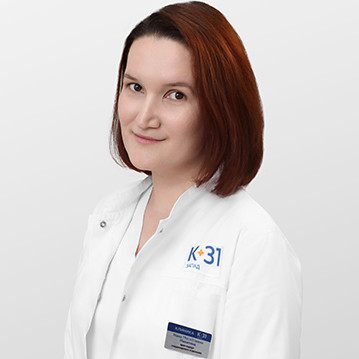
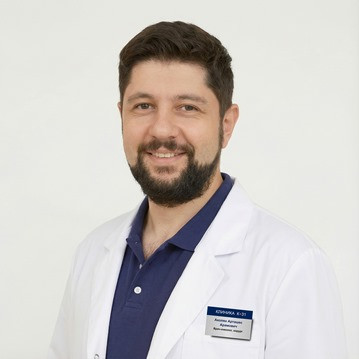
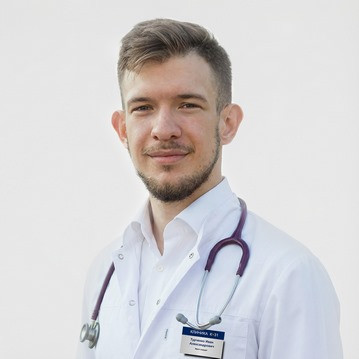

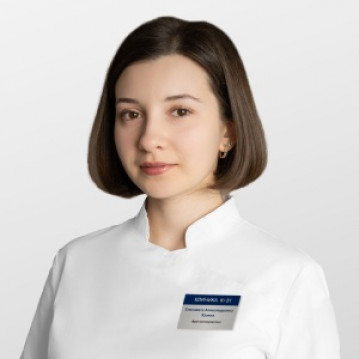
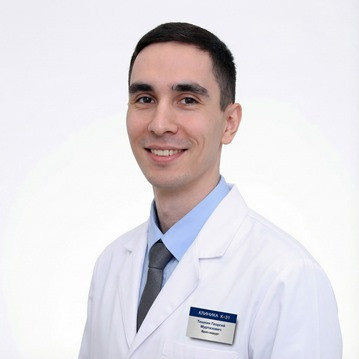
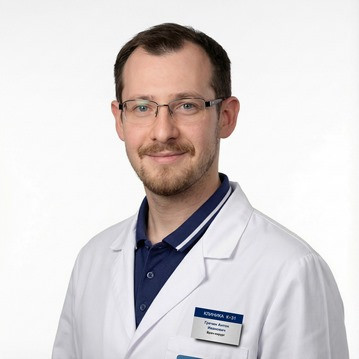
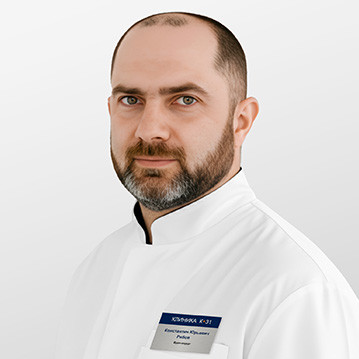
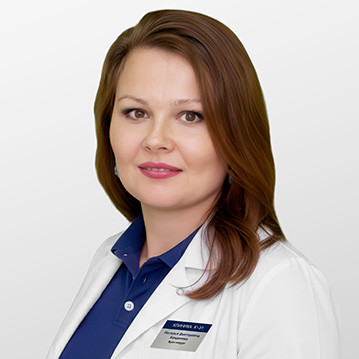
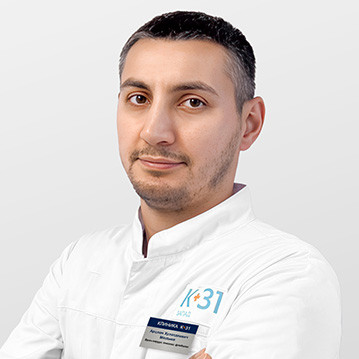
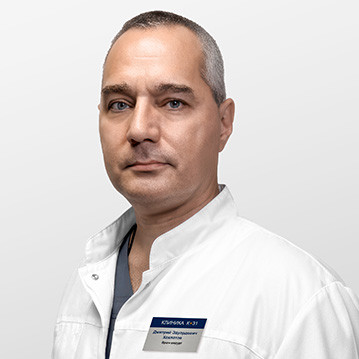
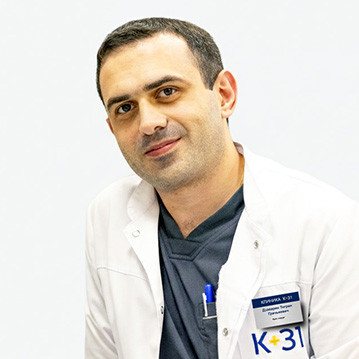

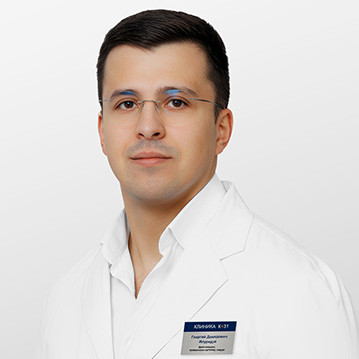
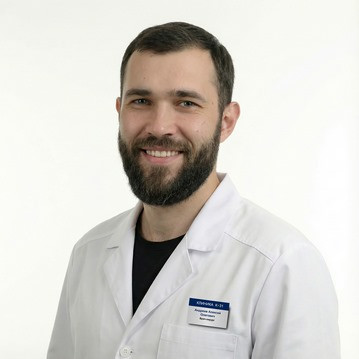
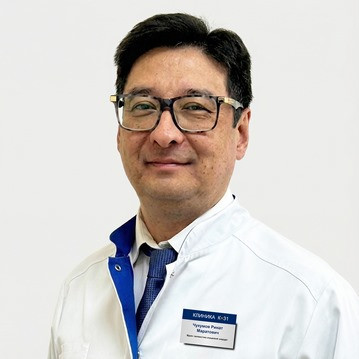
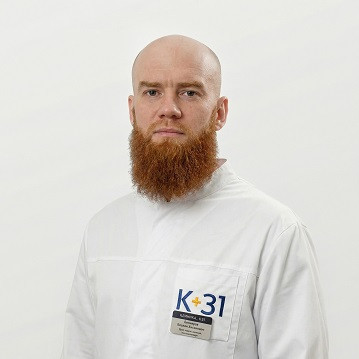
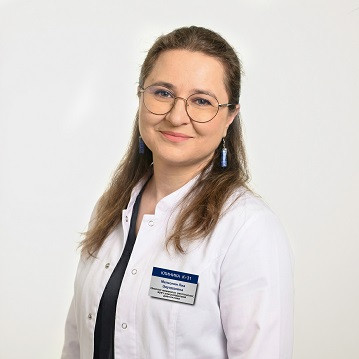
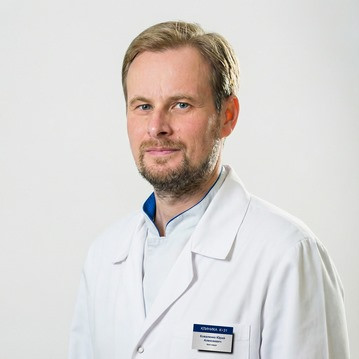
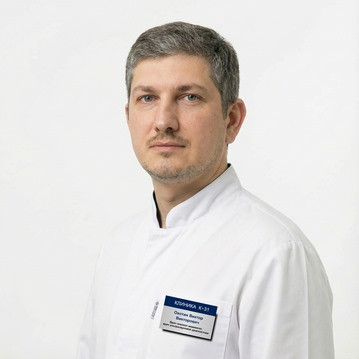
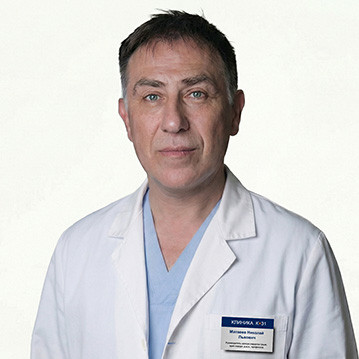







The scope of professional activity of our clinic specialists includes surgical and conservative treatment of tumors of any localization, including:
Treatment in most cases is carried out in a hospital. After serious surgical interventions, the patient is observed in the intensive care unit and then transferred to the ward. After surgery to remove the tumor in K+31, it is possible to undergo rehabilitation.
In the hospital of our clinic, comfortable conditions of stay: round-the-clock monitoring, single and double rooms are equipped with a bathroom, shower, and Internet access. Each ward has an alarm button, pressing which means the immediate call of the staff on duty. It is possible to organize an individual nursing post and a nurse.
The department of oncosurgery at the K+31 clinic will help you quickly get diagnosed and start treatment on time, because early detection and removal of neoplasms significantly increases the chances of a favorable outcome.